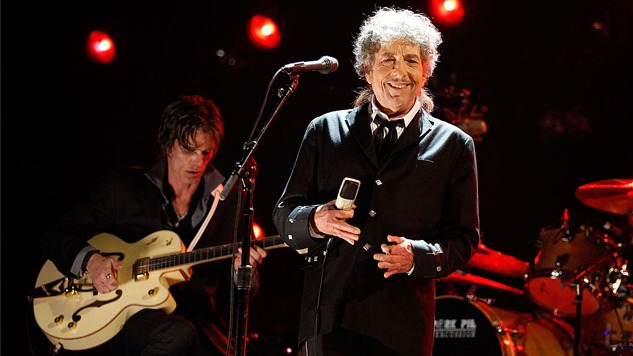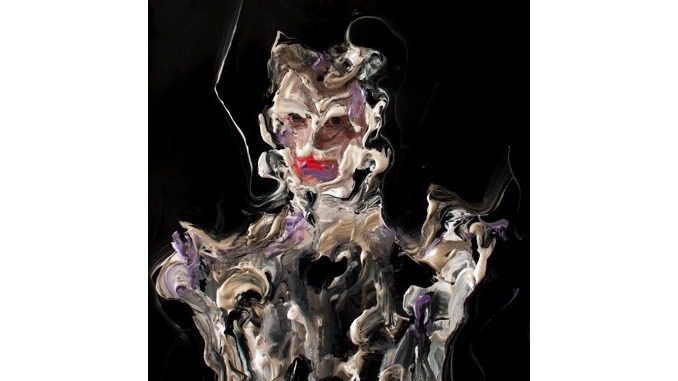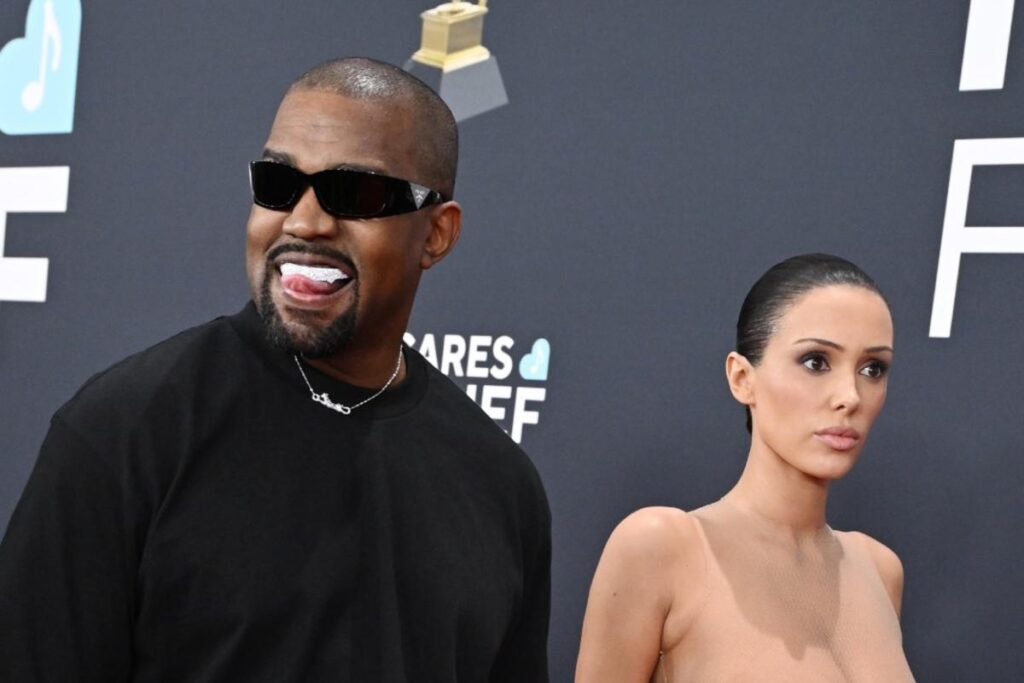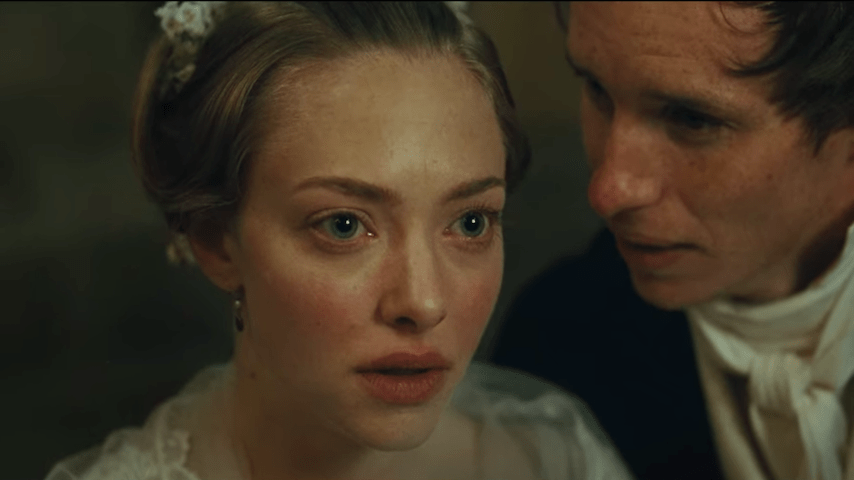During a “normal” year, today we’d probably be itching to flee our offices around 3 p.m., encouraged by the warming weather and eager to start the weekend with a proper “summer Friday.” Maybe we’d make plans to visit a favorite bar or restaurant, see a concert or movie or bust out of town for a weekend trip. While we may still be itching for the weekend to come a little sooner this afternoon, this is not a “normal” summer Friday, as our previous idea of normalcy is no longer a reality. If you dine out this weekend, please for the love of all that is good, wear a mask and sit on the patio (or better yet: stay home and order in). If you fancy a film, settle in on the couch. As for road trips, you’re probably just out-of-luck on that one. Today is Juneteenth, the oldest nationally recognized celebration of the end of slavery in the U.S., and it’s a day for us to listen, learn and recognize that the blissful normalcy many of us are missing was never even afforded to entire generations of people in this country. Take time to listen to Black voices today, particularly musicians, and if you want to support them, too, consider buying an album on Bandcamp, who are donating all their profits to the NAACP Legal Defense Fund today and every Juneteenth every year from now on. Elsewhere in the world of music, this week we were greeted with excellent new albums Phoebe Bridgers and Bob Dylan, the return of a beloved Bristol punk outfit and perhaps one of the greatest clapbacks (and searing political rap songs) of the last decade. Find all this and more below, and don’t forget to listen to Black-made music today and every day.
BEST ALBUMS
Phoebe Bridgers: Punisher
Her sophomore album Punisher cements what may be Bridgers’ most understated gift of all: her seemingly innate ability to capture the mundanity of modern sadness in song. Tucked in among the record’s memorable melodies, clever arrangements and impressive guests are a steady stream of details that lend plainspoken perspective to Bridgers’ emotional highs and (mostly) lows. These kinds of details ground her work in the same way shading makes a still life painting pop. They make them feel not just sad, but real. As an example, look back to “Funeral,” one of the highlights of Bridgers’ 2017 debut Stranger in the Alps. It’s a devastating tune about death and depression, and if it ended at the three-minute mark, it would still be a stunner. But she tacks on an extra bit that contextualizes the rest of the song: “It’s 4 a.m. again,” she sings flatly, “and I’m doing nothing again.” And all of a sudden … you’re there. Because you’ve been there (probably), and because Bridgers has been there, too, and she knows how to make this song about a stranger’s overdose into a highly relatable moment. The story now has a place to sit—in a dark room, screen glowing, silence deafening, thoughts racing. Again. Those kinds of moments pop up all over Punisher, which is generally noisier and more upbeat than its predecessor. The album’s clear standout (and one of the year’s best songs), “Kyoto,” features Bridgers’ crunchiest guitar riffs yet, a soaring chorus and the travails of dealing with someone who can’t quite get their shit together juxtaposed with a wander through a 7-11 and trip to the suburbs to stare at chemtrails. “I don’t forgive you,” she sings as a horn arrangement crests over this mind-numbing scene, “but please don’t hold me to it.” Later, in “Moon Song,” Bridgers traces the blurry boundaries of a complicated relationship before laying it all out in the final verse: “You are sick and you’re married and you might be dying,” she sings over a small crescendo, “but you’re holding me like water in your hands.” —Ben Salmon
Bob Dylan: Rough and Rowdy Ways
It’s tempting to see Rough and Rowdy Ways as one of those late-career ruminations on mortality that often seem to come from musicians of a certain age, or a full-circle accounting that reconnects Bob Dylan, now 79, with his early days as a folk singer with a socially conscious bent. On the surface, the album could be either of those things, or both: After all, he gives over nearly 17 minutes of his 39th studio LP to a single song about the day that John F. Kennedy was assassinated, in 1963, when the singer was 22. Yet the idea that he’s revisiting his youth, or settling his affairs, is too simple, too predictable, for a wily contrarian like Dylan. Since when has he ever done the obvious thing? Indeed, his latest comes after three albums spent rummaging around in the American songbook, an exercise that amounted to a gracious courtesy call from a guy who knows a few things about writing songs that endure. It’s hard to say what effect, if any, burrowing into those touchstone tunes has had on his own writing. Rough and Rowdy Ways simply sounds like Dylan, at his most Dylan-esque. These 10 tracks are steeped in American history, classical symbolism and biblical imagery, to say nothing of the literary asides, pop-culture references and musical allusions, from Shakespeare and William Blake to Ginsburg, Corso and Kerouac, Indiana Jones to Altamont, Chopin to Charlie Parker to “them British bad boys, the Rolling Stones,” as Dylan puts it on opener “I Contain Multitudes.” —Eric R. Danton
BEST TRACKS
Noname: “Song 33”
In just over a minute, Chicago rapper Noname says more about the ongoing Black Lives Matter protests than an entire album could in lesser hands. “He really ’bout to write about me while the world is in smokes?” she sings calmly, clearly addressing J. Cole and the song he released earlier this week which seemingly took aim at Noname. After speculation that Cole was calling out Noname became rampant on social media, he tweeted, “She has done and is doing the reading and the listening and the learning on the path that she truly believes is the correct one for our people. We may not agree with each other but we gotta be gentle with each other.” He says they need to be gentle with each other, but Noname says something else better, and with more efficiency, truth and bite: “I guess the ego hurt now / It’s time to go to work, wow, look at him go / He really ‘bout to write about me when the world is in smokes? / When it’s people in trees? / When George was beggin’ for his mother, saying he couldn’t breathe / You thought to write about me?” Oh, also, the song was produced by Madlib. There’s so much power here. —Ellen Johnson
Phoebe Bridgers: “Graceland Too”
The first time I heard this song, I knew immediately it would become one of my favorites of the year. For one thing, one of my other favorite musicians (Sara Watkins, of Nickel Creek, Watkins Family Hour and I’m With Her fame) plays fiddle on this gorgeous, gut-punch-of-a-song, and there’s no shortage of banjo, either (an instrument Bridgers has implemented lightly on songs in the past like “Demi Moore,” but never like this), and Bridgers’ boygenius counterparts Lucy Dacus and Julien Baker provide backing vocals. This is a bluegrass-emo-banjo banger, and while some of the lyrics could sound, at first listen, like a quote pulled from an Etsy poster with mountains in the background (“She could do anything she wants to), Bridgers owns it so hard—and still manages to convey that sense of wanderlust. There’s mention of southern hallmarks like Elvis and his Memphis habitat, plus eerily descriptive details like “a sleeve of saltines on my floor in my room.” It has what makes many great songwriter so great: overly personal, descriptive details matched with some prevailing human emotion that could apply to almost anyone. Bridgers is the real deal, and I’m thrilled she dropped her new album, Punisher, a day early so I have some extra time with this song. —Ellen Johnson
IDLES: “Grounds”
IDLES have announced their third album, Ultra Mono, out in September. The Bristol post-punkers have in the meantime shared a new track, “Grounds.” With their characteristically thrashing rhythms, the band remains as angry as ever on their anthemic new song, and it’s difficult not to hear it in the context of protests erupting around the world today. —Jack Meyer
FEATURES
The Everlasting Relevance of Tracy Chapman
In Spike Lee’s essential 1989 film Do The Right Thing, there’s an omnipresent radio host named Mister Señor Love Daddy (played by an animated Samuel L. Jackson) who narrates and looks down, God-like, upon the scorching Bed-Stuy neighborhood where the story takes place. There’s a moment in the movie when Jackson’s deejay character pauses to list the dozens of popular Black American artists who dominate the station’s playlists—everyone from Whitney Houston to Ray Charles. The exhaustive list further emphasizes the massive role Black Americans play in our music and culture (one of many themes scattered throughout the film), and Chapman is also among these names. Look to the left of the frame, and you’ll also see a Tracy Chapman poster leaning against the studio wall. She’s not often talked about as one of the greatest artists of the 20th century, but she should be. Tracy Chapman deserves her spot in that radio station roll call alongside Bob Marley, Janet Jackson and everyone else. If you need proof, just listen to her self-titled masterpiece from 1988, which combines the best of folk, pop, rock, jam and country to construct one of the most moving narratives you’ll hear on a solo album from that time period—or any time period. Not only is Tracy Chapman deeply personal, it’s also a startling collection of protest songs and stories of oppression that still hit home today. —Ellen Johnson
String-Band Music: Tradition and Novelty
Jim Lauderdale’s new album, When Carolina Comes Home Again, finds the country/Americana star making one of his periodic visits to his bluegrass roots. The hook for this project is that Lauderdale is returning not only to his teenage love for string-band music but also to his native state—all the musicians are current or former North Carolinians. It’s Lauderdale’s best album in a while; the inherent dignity of bluegrass draws the singer away from his tongue-in-cheek persona to give the songs’ emotions some real weight. And the recording got me thinking: Why does he keep coming back to bluegrass—and why does he keep leaving it again? And why do I keep checking in on bluegrass without ever making it the main object of my desire? The answer to both questions lies in the tension between tradition and novelty in American music. When I put on a bluegrass album, I can assume a few things: the singing and playing will be top-notch and the arrangements will never stray too far from the genre’s basic architecture. The same is true, by the way, when I put on a Cajun, classical, Irish-folk or mainstream-jazz album. In all these fields, proving your technical expertise is the entry requirement for performers—and so is a knowledge of and a faithfulness to the genre’s history and musical syntax. As a result, it’s very rare to find an embarrassing record in these categories—but it’s also very rare to find a surprising one. You can expect an expertly played, slight variation on the usual format—and rarely will you be disappointed or astonished. —Geoffrey Himes
The Best Indie Rock Albums of 2020 (So Far)
Each time we publish a list of indie rock albums, we’re once again met with the question of what actually defines an indie rock album. The word “indie” once strictly implied “independent,” meaning the release, be it a film or album or what have you, was put out without the money and resources that come along with a major label (your Atlantics, Columbias, etc.) or studio (Universal, Disney, Warner Bros….). Now, a few decades after the golden age of ’90s indie rock, that’s not so much the case. Indie rock is an ever-evolving genre spanning bedroom recordings and Jack Antonoff-produced powerhouses. It’s kind of a “know-it-when-you-hear-it” situation. In the case of our present moment, the year’s best indie rock albums are a healthy mix of extremely-indie albums, higher profile events and everything in between. Some of these albums could easily find a home on other lists—pop, punk, or perhaps folk—but they also all fit here, under the indie rock umbrella. From the culture-shaking event that was Fetch the Bolt Cutters to the lesser-known records we’ve fallen in love with this year, here are the best indie rock albums of 2020 so far. —Ellen Johnson & Paste Staff
A Condensed Timeline of Bob Dylan’s Life and Career
This Friday, Bob Dylan’s 39th studio album, Rough and Rowdy Ways, was released around the world. To celebrate the new album and refresh ourselves in preparation, here is a condensed breakdown of Bob Dylan’s prolific life, music and legacy. Read Paste’s review of Rough and Rowdy Ways right here. —Lia Pikus




